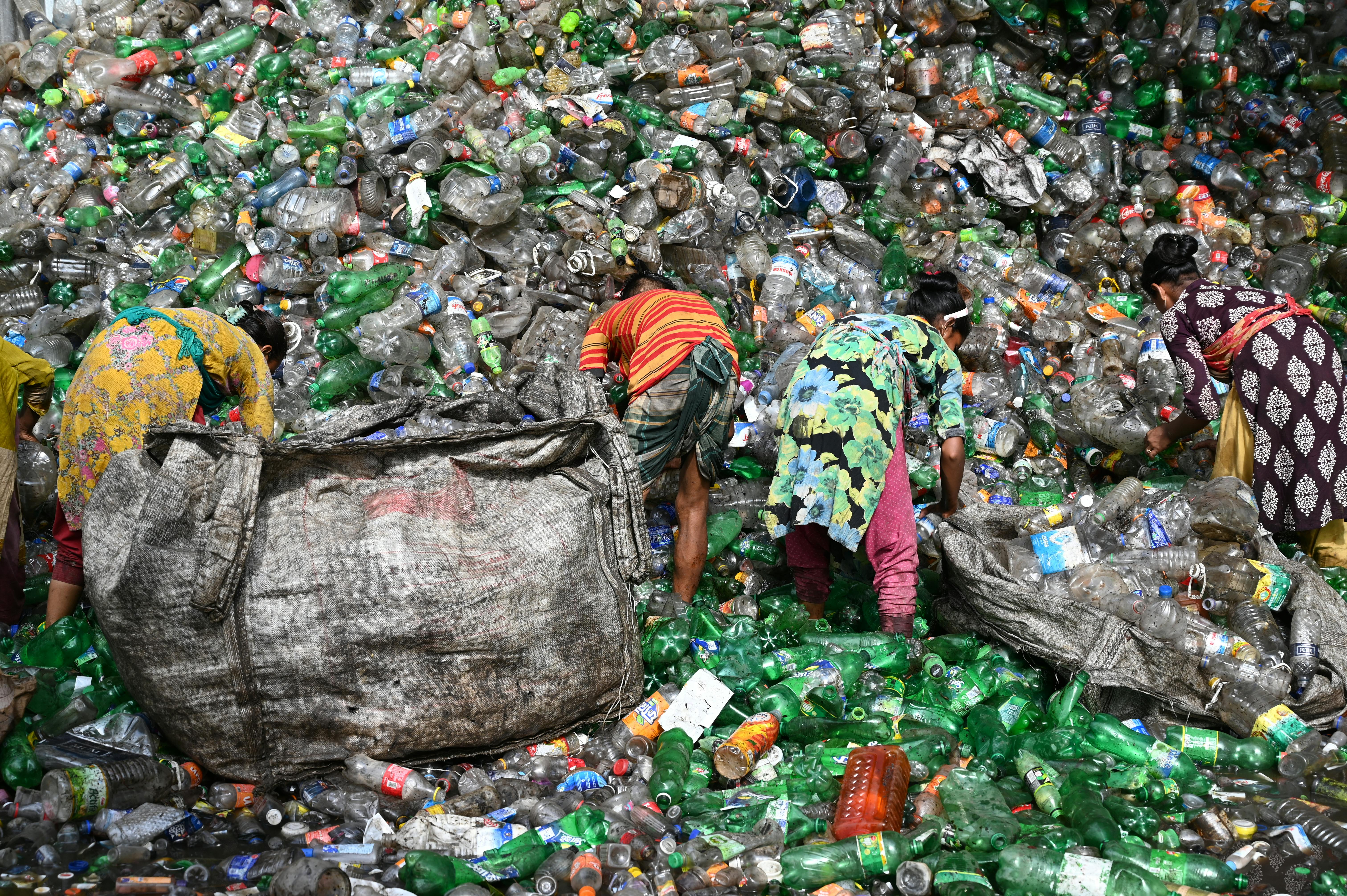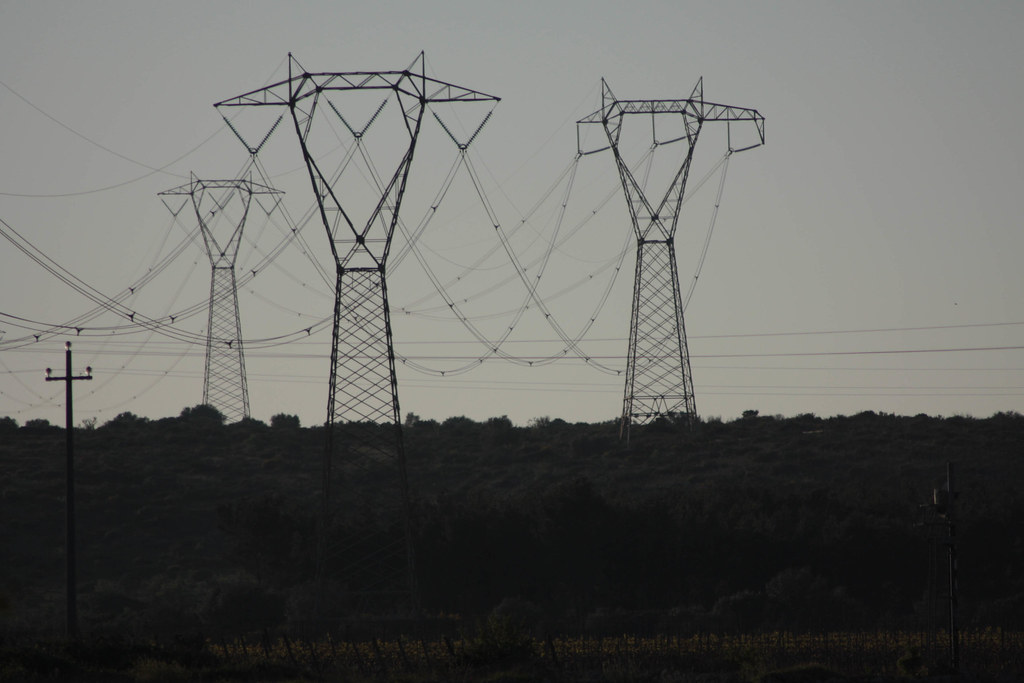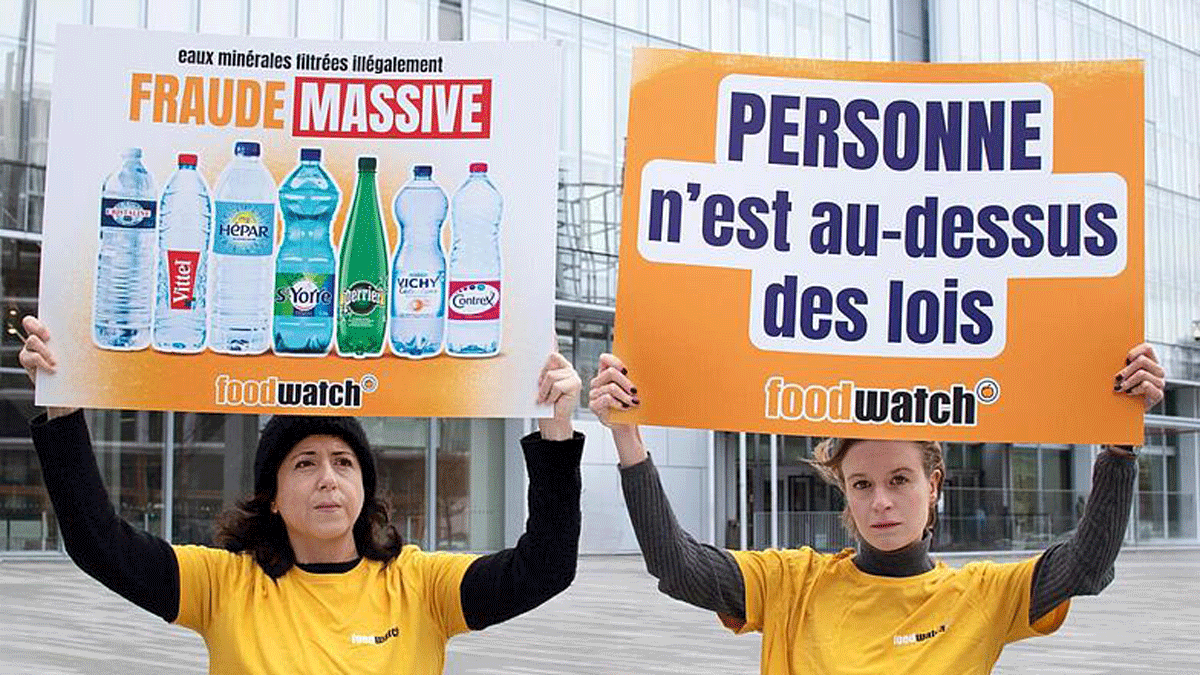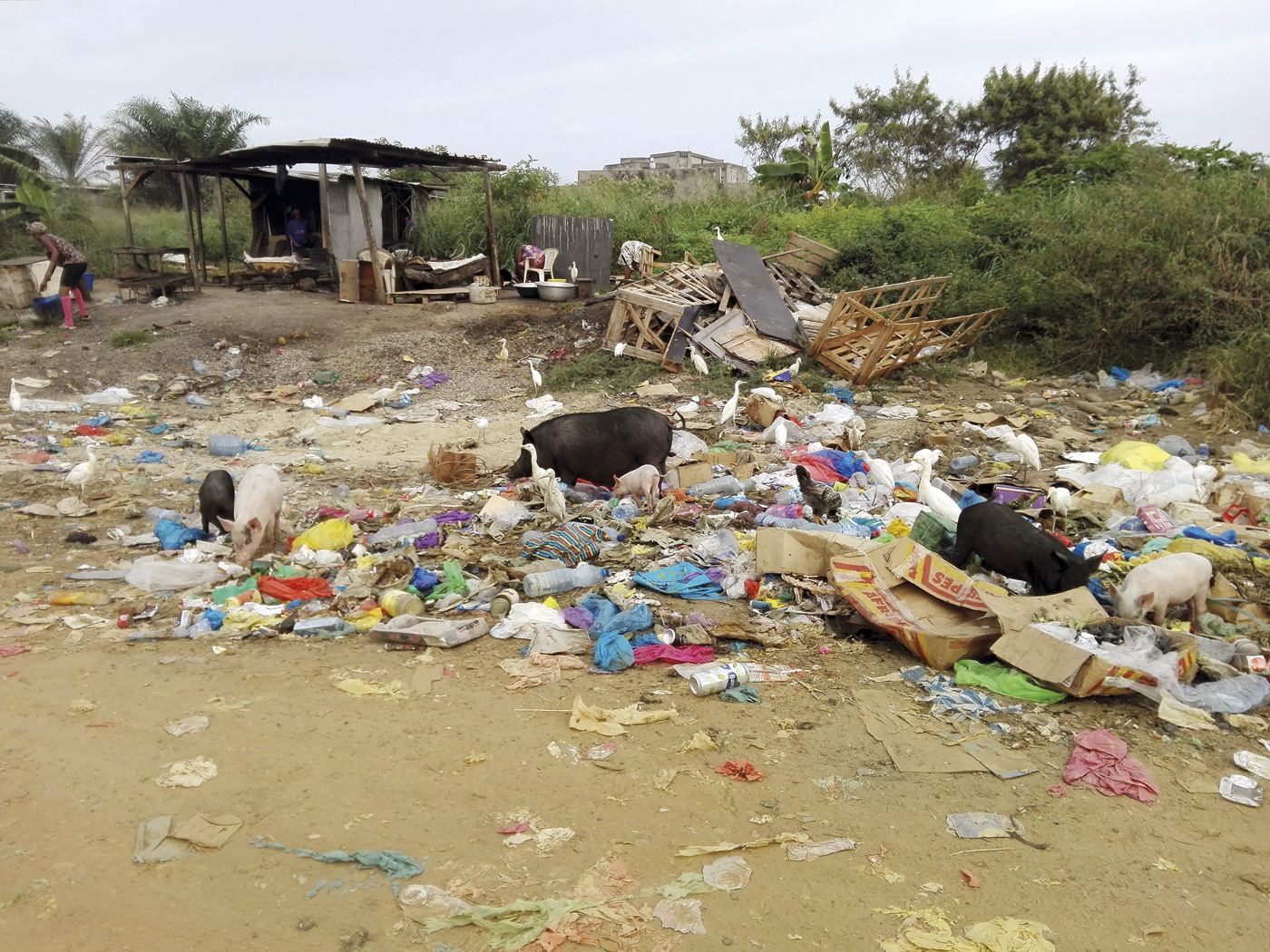The UN begins the final phase of negotiations to limit plastic pollution
- The summit, which runs through the city of Busan in South Korea, will last from 25 November to 1 December. The oil-producing countries and their lobbies are putting obstacles, as they do not want to limit production.

Although in March 2022 a total of 175 UN states had given hope that "the end of plastic pollution" was a reality, the route has been blocked since then. The negotiations to form a "coercive text" do not reach an agreement, and they now have the fifth and final chance to do so in the South Korean city of Busan in South Korea. The interviews will start on Monday and continue throughout the day, until Saturday.
The exercise is not easy, as the main oil-producing countries and lobbies are determined to obstruct the agreement. In fact, at a time when the objective of limiting CO2 emissions is to reduce fuel production, the plastic sector is a rich plan B for the petrochemical sector. In the end, sokatira is between the two opposite pathways: either limiting plastic production, or encouraging plastic recycling. In favour of this second one is the promoters of oil, and therefore of plastic. For its part, 119 states united by the Coalition of the Great Assembly for Nature and Peoples are betting on the first option that corresponds to the decline. Although the United States was also in favour of reducing plastic production, it may change its position with President Donald Trump, who opposes decisions involving limiting oil production. Despite being at least in quantity, it is strong those who want to continue with plastic production, including China, Saudi Arabia and Iran.
"Fraud" in plastic recycling
Opponents of limiting production are trying to influence plastic recycling. Environmental advocates say that recycling plastic is "a fraud" and also "dangerous". On the one hand, recycling pollutes more than plastic from the base, making it more "dangerous" for the environment and the component.
Doubling the production of new plastic between 2000 and 2020 – tripled in 2060 if no change occurs. With the message of the recycling solution the image and consciousness is being cleaned up so that we can continue with the production. However, currently only 9.5% of plastic is recycled.
Consequently, Surfrider Foundation Europe, No Plastic In My Sea or Zero Waste demand "a global target of 75% reduction of production by 2050, in line with the Paris agreement", as well as "a moratorium on the construction or expansion of new petrochemical installations linked to plastic". In addition, 900 scientists from all over the world have asked citizens to support the cut.
The Centre for International Environmental Law (CIEL) has warned that 220 lobbys for oil and chemistry are at the summit in South Korea. In other words, they are the ones with the highest representation. On the contrary, the participation of independent civil and scientific societies is affected by "financial and logistical barriers" that make access to them difficult.
Frantziako legebiltzarrean Errepublikanoek eta Batasun Nazionalekoek egindako zuzenketen harira dator erabakia. Zuzenketak onartu dituzte, eta, beraz, Euskal Hirigune Elkargoak emisio gutxiko eremua ezartzeko gastu ekonomikorik ez egitea erabaki du.
Energiaren Nazioarteko Agentziak (IEA) astelehenean argitaratutako txostenaren arabera, %2,2 igo da energia eskaria 2024an aurreko urtearekin alderatuta, besteak beste, egiturazko arrazoi hauengatik: beroari aurre egiteko argindar gehiago erabili beharra, industriaren kontsumoa... [+]
Kutsatzaile kimiko toxikoak hauteman dituzte Iratiko oihaneko liken eta goroldioetan. Ikerketan ondorioztatu dute kutsatzaile horietako batzuk inguruko hiriguneetatik iristen direla, beste batzuk nekazaritzan egiten diren erreketetatik, eta, azkenik, beste batzuk duela zenbait... [+]
Lurrak guri zuhaitzak eman, eta guk lurrari egurra. Egungo bizimoldea bideraezina dela ikusita, Suitzako Alderdi Berdearen gazte adarrak galdeketara deitu ditu herritarrak, “garapen” ekonomikoa planetaren mugen gainetik jarri ala ez erabakitzeko. Izan ere, mundu... [+]
Ur kontaminatua ur mineral eta ur natural gisa saltzen aritu dira urte luzeetan Nestlé eta Sources Alma multinazional frantsesak. Legez kanpoko filtrazioak, iturburuko ura txorrotakoarekin nahasi izana... kontsumitzaileen osagarria bigarren mailan jarri eta bere interes... [+]
Greenpeaceko kideak Dakota Acces oliobidearen aurka protesta egiteagatik auzipetu dituzte eta astelehenean aztertu du salaketa Dakotako auzitegiak. AEBko Greenpeacek gaiaren inguruan jasango duen bigarren epaiketa izango da, lehenengo kasua epaile federal batek bota zuen atzera... [+]



















.jpg)

